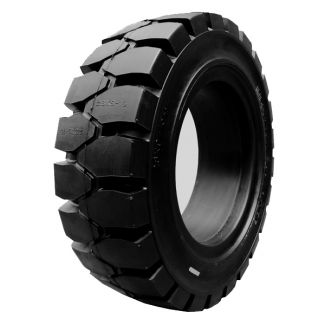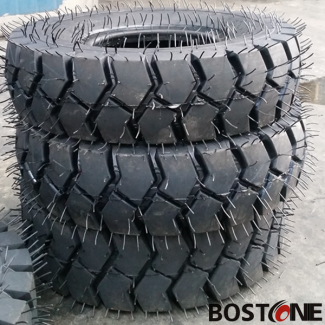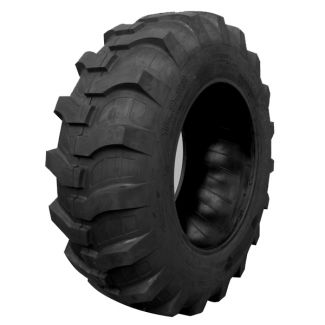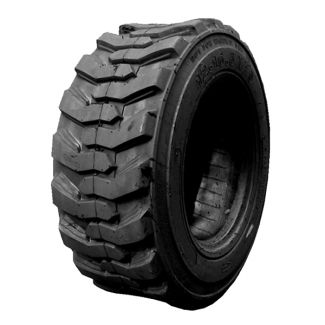Sprayer tyres, Rice transplanter tires and wheels, Agricultural tyres, tractor tires, Industrial Tyres, OTR Tires, skid tires, truck tires

Industrial tyres are a critical component in various industries, playing a pivotal role in the performance and safety of machinery and vehicles used in heavy-duty applications. From forklifts to construction equipment, these tyres are designed to withstand extreme conditions and provide reliable performance. Bostone, a renowned tyres manufacturer, specializes in producing high-quality industrial tyres that meet the rigorous demands of industrial operations. This comprehensive guide explores what industrial tyres are, their types, applications, and how to choose the right tyres for your needs.
Industrial tyres are specifically designed to handle the intense pressures and challenging environments encountered in industrial settings. Unlike regular vehicle tyres, industrial tyres must support heavy loads, provide stability on uneven surfaces, and resist wear and tear from harsh conditions. They are commonly used in sectors such as construction, manufacturing, warehousing, and material handling.

Solid rubber tyres, also known as press-on tyres, are made entirely of rubber and do not require air. These tyres are extremely durable and puncture-resistant, making them ideal for environments with sharp objects or debris. They offer excellent load-bearing capacity and are commonly used on forklifts and other material handling equipment.
Load Capacity: Up to 9,000 kg per tyre
Durability: High resistance to punctures and cuts
Common Applications: Warehousing, logistics, and manufacturing
Pneumatic tyres are similar to car tyres, filled with air and constructed with a robust tread pattern. They provide excellent traction and cushioning, making them suitable for outdoor use and rough terrain. Pneumatic tyres are ideal for equipment that operates on uneven surfaces or requires a smoother ride.
Load Capacity: Up to 7,000 kg per tyre
Durability: Moderate, with good resistance to wear
Common Applications: Construction, agriculture, and outdoor material handling
Foam-filled tyres are pneumatic tyres filled with foam instead of air, combining the benefits of both solid and pneumatic tyres. They provide the cushioning and traction of pneumatic tyres while eliminating the risk of punctures. These tyres are ideal for environments where both durability and comfort are required.
Load Capacity: Up to 8,000 kg per tyre
Durability: High resistance to punctures, moderate cushioning
Common Applications: Construction, industrial sites, and warehousing
Polyurethane tyres are made from a tough, synthetic material that provides high durability and resistance to chemicals and abrasion. They are lighter than rubber tyres and offer low rolling resistance, making them energy-efficient. Polyurethane tyres are often used in clean environments and applications requiring precision handling.
Load Capacity: Up to 6,000 kg per tyre
Durability: Excellent resistance to chemicals and abrasion
Common Applications: Electronics manufacturing, pharmaceuticals, and food processing

Industrial tyres are essential for material handling equipment such as forklifts, pallet jacks, and reach trucks. The tyres must provide stability and support heavy loads while maneuvering in tight spaces. Solid rubber and foam-filled tyres are particularly popular in this sector due to their durability and resistance to punctures.
In the construction industry, machinery such as loaders, backhoes, and cranes rely on industrial tyres to navigate rough and uneven terrain. Pneumatic and foam-filled tyres are preferred for their traction and cushioning properties, which help absorb shocks and vibrations, ensuring a smoother operation and reducing equipment wear.
Warehousing and logistics operations require tyres that can handle heavy loads and frequent use. Solid rubber tyres are commonly used in indoor environments where the risk of punctures is high, while pneumatic and foam-filled tyres are used for outdoor applications that require better traction and ride comfort.
Agricultural equipment such as tractors, harvesters, and sprayers operate in diverse and often challenging conditions. Pneumatic tyres are favored for their ability to provide traction on soft and uneven ground, while foam-filled tyres offer durability and puncture resistance for more rugged tasks.

Selecting the right industrial tyres involves considering several factors to ensure optimal performance and safety. Here are some key aspects to consider:
The load capacity of the tyre must match the weight of the equipment and the maximum load it will carry. Exceeding the tyre’s load capacity can lead to premature wear and potential failure. Bostone’s industrial tyres are designed to support specific load ranges, with detailed specifications provided for each model.
The type of terrain and surface conditions where the equipment will operate significantly influence the choice of tyres. For rough, uneven terrains, pneumatic or foam-filled tyres provide the necessary traction and cushioning. For smooth, indoor surfaces with potential hazards like sharp objects, solid rubber tyres are ideal.
Consider the tyre’s durability and maintenance requirements. Solid rubber and polyurethane tyres require minimal maintenance and are highly durable, while pneumatic tyres offer better ride comfort but need regular maintenance to ensure proper inflation and prevent punctures.
Some industries, such as food processing and pharmaceuticals, require tyres that do not leave marks and are resistant to chemicals. Polyurethane tyres are an excellent choice for such environments due to their non-marking properties and resistance to various chemicals.

Industrial tyres are indispensable components that ensure the efficiency, safety, and reliability of industrial machinery. Bostone offers a wide range of high-quality industrial tyres designed to meet the specific needs of different sectors. By understanding the types of industrial tyres, their applications, and key factors to consider when choosing them, businesses can make informed decisions that enhance their operations. Whether for material handling, construction, warehousing, or agriculture, Bostone’s advanced tyre solutions provide the durability, performance, and safety required for demanding industrial applications.